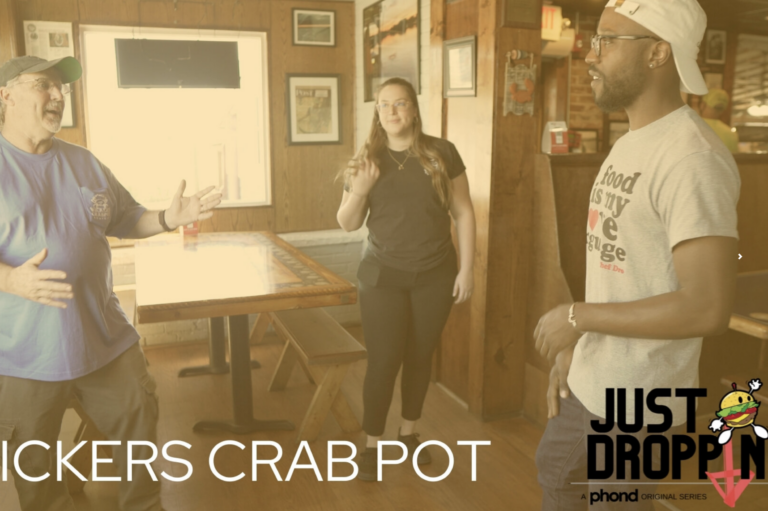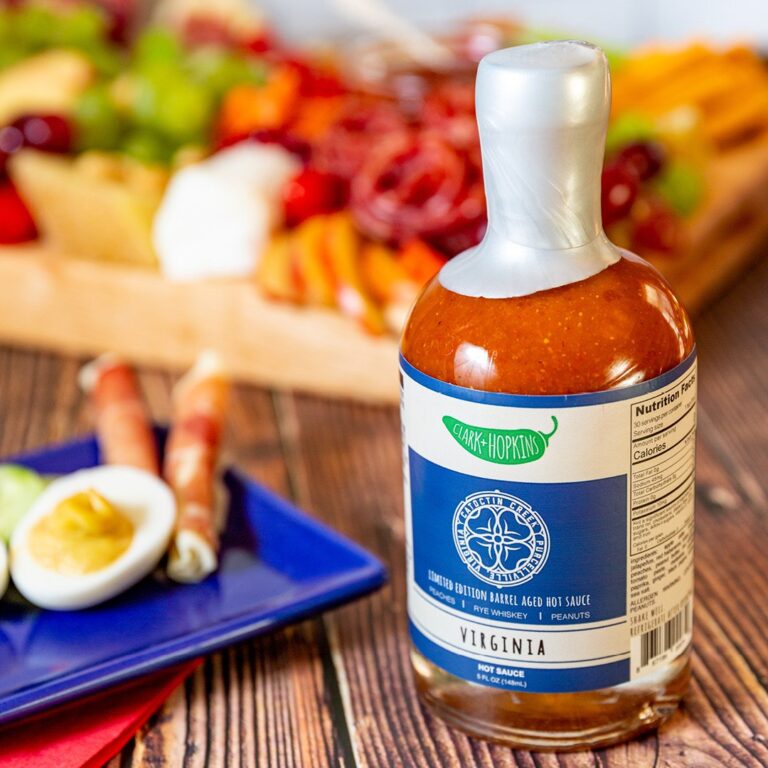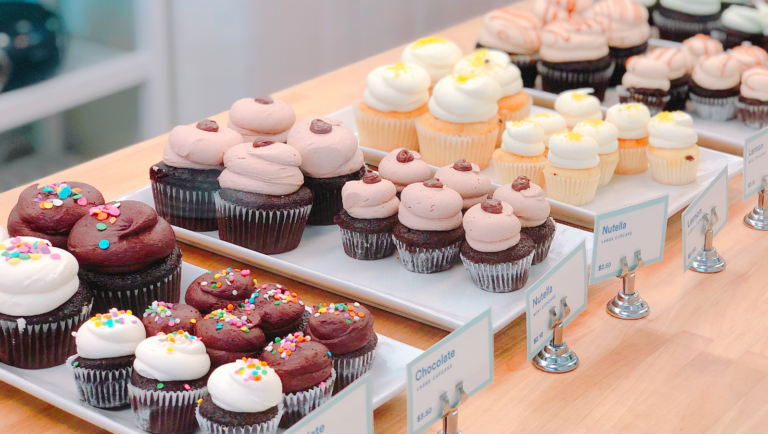The Virginia Foodie Guide to Sustainable Seafood

Seafood. You either love it or hate it. Y’all can probably guess that we are firmly on the “loving it” side of the fence. Virginia is lucky to have good quality seafood available in most areas of the state, but unless you’ve been living under a rock, you probably know that the Chesapeake Bay (aka the source of all the yummy seafood) is in trouble. The good news is you can use your foodie powers to help save it, by choosing to eat sustainably-sourced seafood.
What is Sustainable Seafood
The waterways of the Chesapeake are famous for their seafood, the most well known being blue crabs, oysters, and rockfish. Restaurants all over the Commonwealth are slinging seafood from the Bay, and it’s up to us foodies to make sure we are buying sustainably caught or farmed seafood. So, what does sustainable mean, anyway? Sustainable seafood is seafood that is either caught or farmed using methods that look at the long-term health of fishery populations and the well-being of the oceans, in addition to preserving the way of life for many fishing communities.
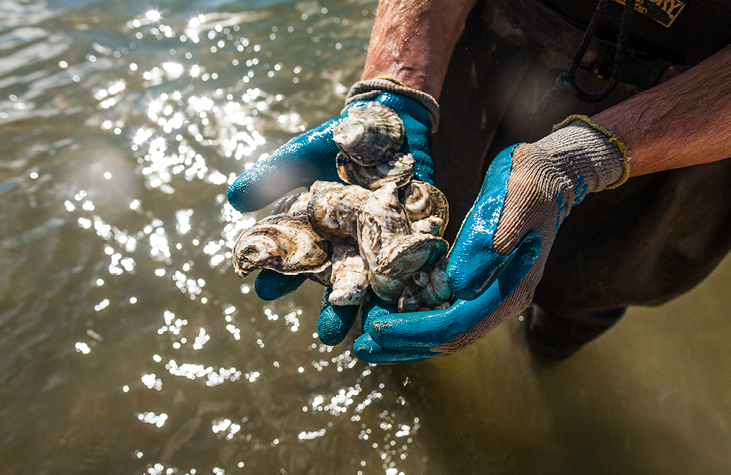
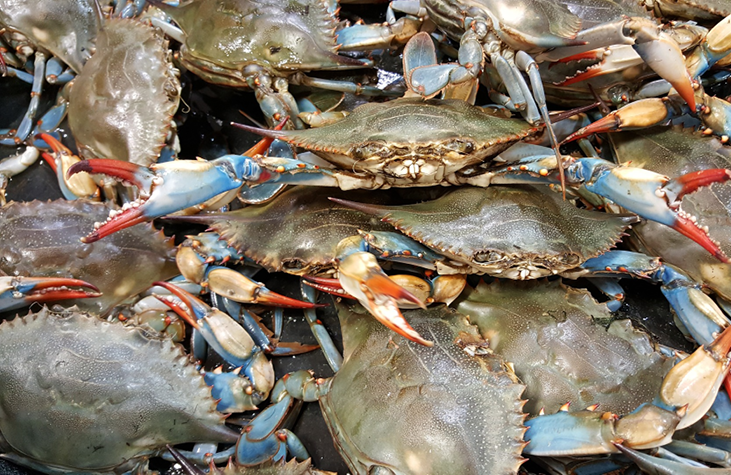
Sustainability in the Chesapeake
So how can you make sure you’re chowing down on sustainable seafood? The Virginia Aquarium’s Sensible Seafood Program is a good place to start. They have a handy pocket guide that tells you what’s in season in addition to a wicked list of their restaurant partners. Sustainability also extends to habitat restoration via oyster shell recycling, where spent oyster shells are placed in the bay as substrate for spat (also known as lil’ baby oysters) to form oyster reefs. These efforts, practiced by groups such as the Chesapeake Bay Foundation and the VCU Rice Rivers Center, expand oyster reefs to the benefit of the entire ecosystem. Rebuilding oyster reefs helps clean the Bay since one oyster can filter up to 50 (!!) gallons of water a day. The good news is that these efforts are working, the bay is cleaner today than when they started, but there is still a long way to go. Check the partner lists online for restaurants that participate in an oyster shell recycling program the next time you go out for some shellfish.



Our Favorite (Sustainable) Seafood Restaurants in VA
Now that you know what to look for when it comes to sustainable seafood, here’s a list of our fave restaurants that serve up deliciously sustainable goodness.
- Bills Prime (Chincoteague)
- Blue Pete’s Restaurant (Virginia Beach)
- Circa 1918 (Newport News)
- Citrus (Virginia Beach)
- Croc’s 19th Street Bistro (Virginia Beach)
- District Fishwife (DC)
- Farmers Fishers Bakers (DC)
- La Petite Auberge (Fredericksburg)
- Merroir (Topping)
- Old Ebbit Grill (DC)
- Public Fish & Oyster (Charlottesville)
- Rappahannock (Richmond)
- Rockafeller’s Restaurant (Virginia Beach)
- Rocksalt (Charlottesville)
- Rudee’s on the Inlet (Virginia Beach)
- The Shanty (Cape Charles)
- Waterman’s Surfside Grille (Virginia Beach)
- White Dog Bistro (Mathews)
- Wicker’s Crab Pot (Chesapeake)
- Zoës Steak & Seafood (Virginia Beach)
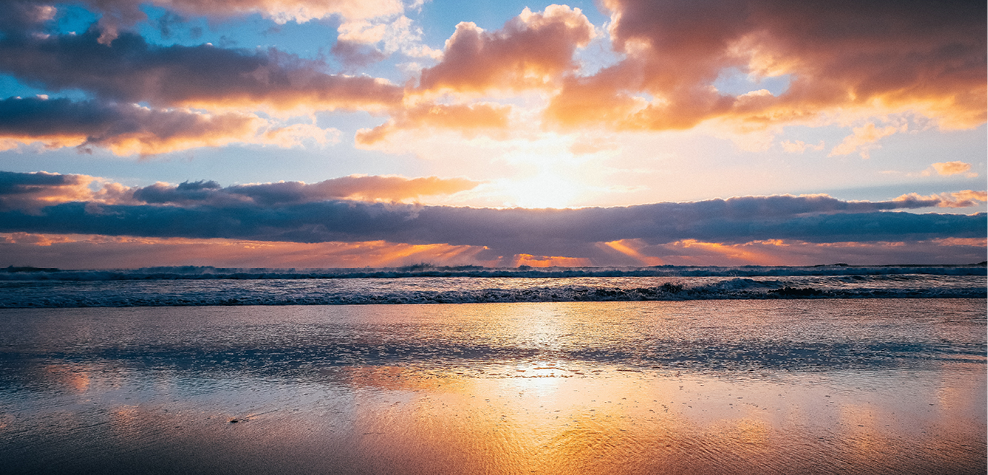
Know What’s in Season
It’s always good to know what’s in season when you’re ordering seafood. Eating in-season means fish populations get time to rebuild their numbers, plus you always get the freshest food. Blue crabs are in season April through October. Most people chow down on crabs in the summer, but you’ll get bigger crabs in the fall. Rockfish season starts in mid-April and lingers through December. For oysters, the old wives’ tale suggests the “R” rule—eat ‘em in months with an “R,” meaning September, October, November, December, January, February, March and April. The season officially runs October 1 through March 31.
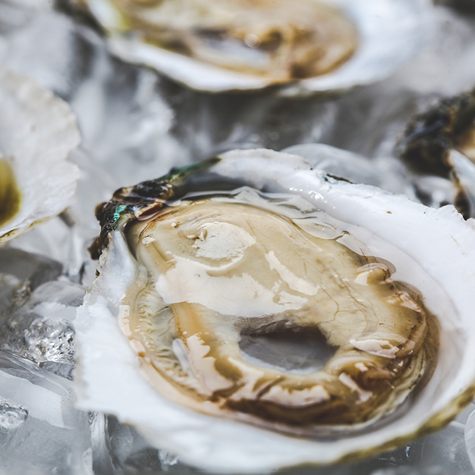
The rise of sustainable seafood practices and habitat restoration means the Chesapeake Bay is getting healthier, and we gotta keep it up. You can still enjoy the bounty of the water while helping to preserve it for future generations by choosing to eat sustainable seafood. You don’t have to live on the bay to love on the bay, so eat responsibly, foodies!


